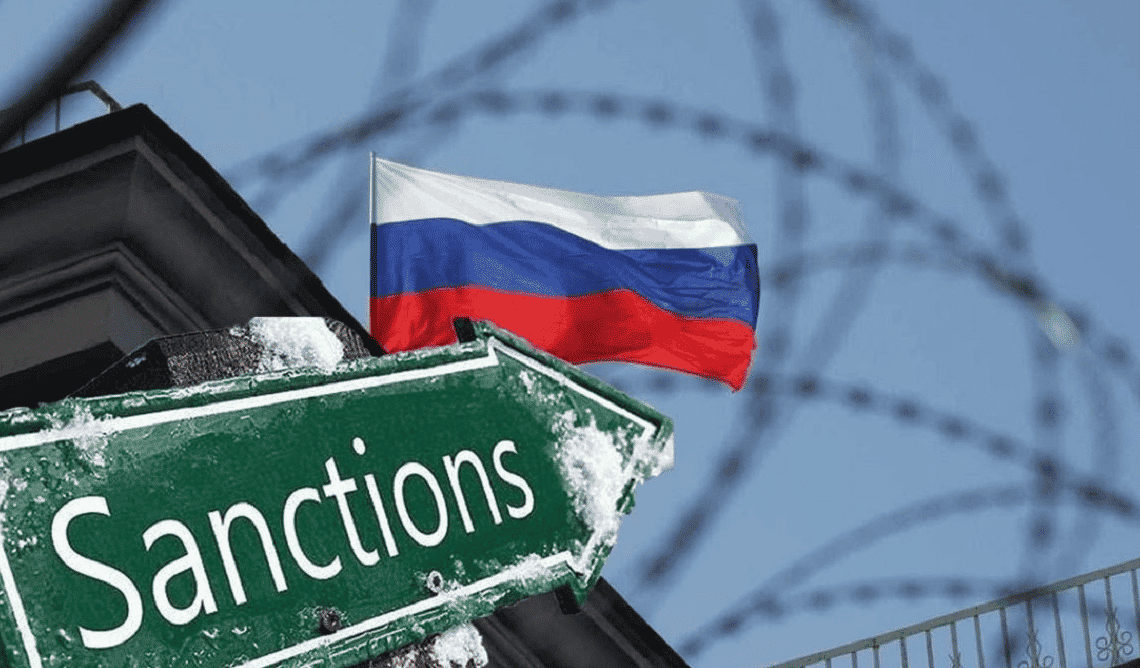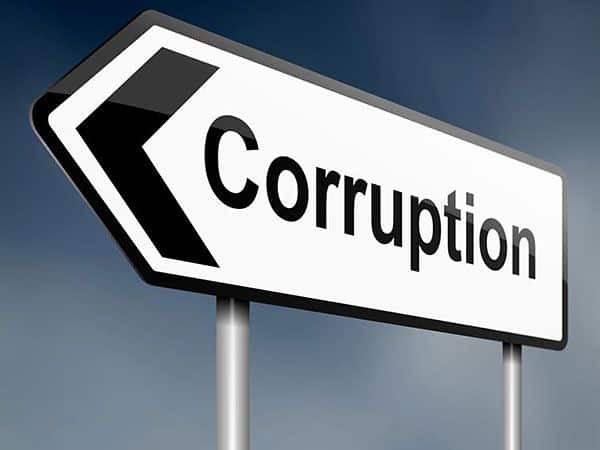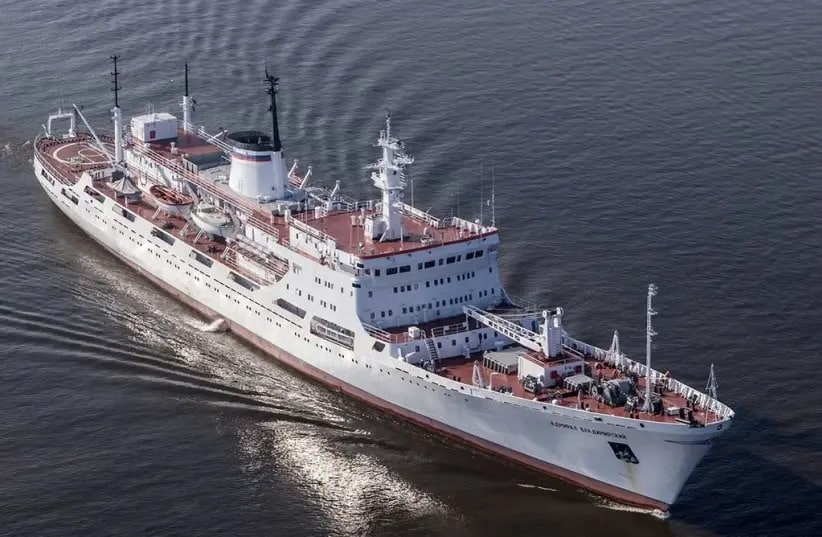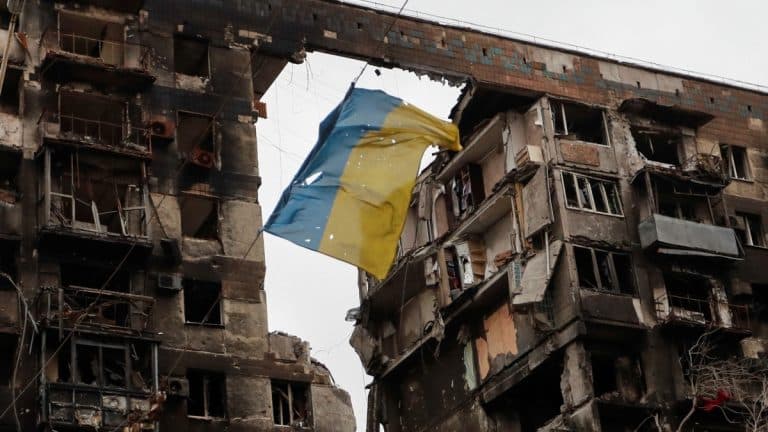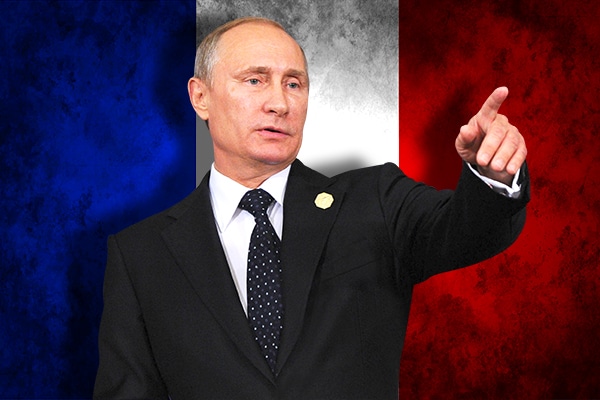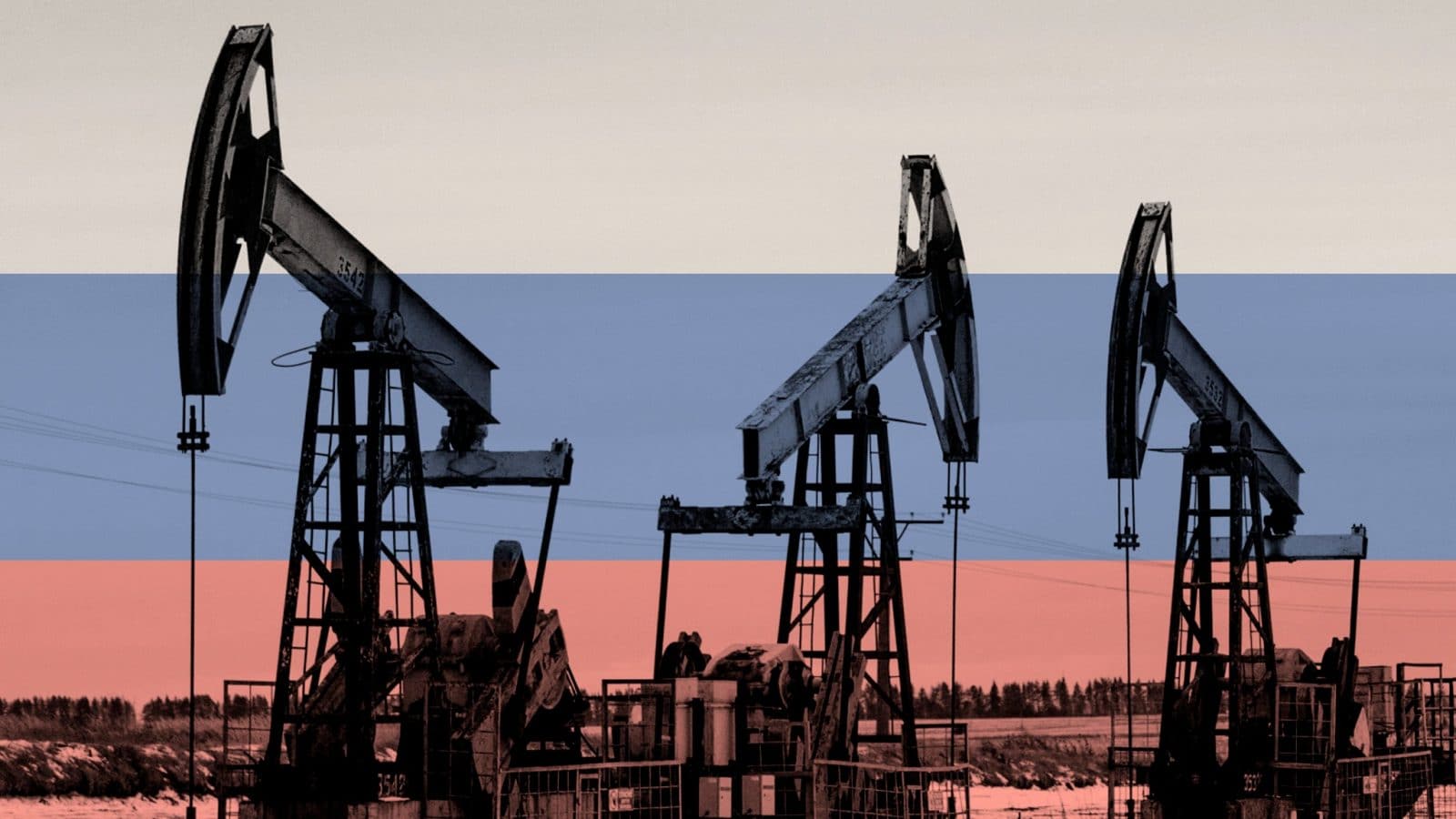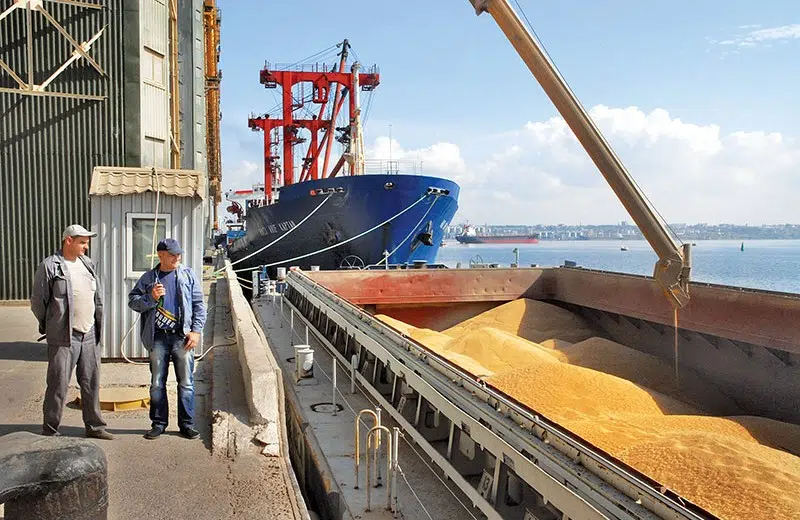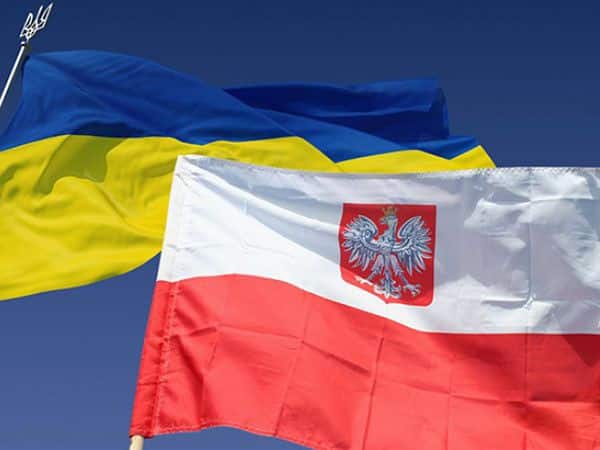The sanctions imposed by the world against Russia in response to its invasion of Ukraine had consequences for its economy even in the first year of their implementation. However, they have not yet led to the collapse of the country’s economy. This is partially because at the beginning of the full-scale war, allies implemented restrictions with excessive caution, and partially because Russia’s economy proved to be more resilient, with the government seeking ways to circumvent the sanctions. Which countries have imposed the most and the least sanctions against Russia? Over the course of more than a year of full-scale war, 47 countries worldwide have imposed sanctions against Russia. The leaders in implementing restrictions against the world’s largest aggressor, as they did a year ago, include the United States, the United Kingdom, Canada, Japan, and European Union countries. The least sanctions, involving only one type of restriction, have been imposed by 7 countries: Argentina. South Korea. Serbia. Taiwan. Turkey. The Philippines. Chile. The remaining 148 countries worldwide have not imposed any sanctions against Russia. These countries include African, Middle Eastern, and Asian nations (except for Japan, the Philippines, and Taiwan mentioned above), as well as South American countries (except for Argentina and Chile). These states continue to support the economy of the occupying country through trade, technology exchange, and more. As it was a year ago, the most common types of sanctions are personal sanctions against individuals and entities, as well as trade restrictions with Russia. Typically, they include the following: Sanctions against individuals and entities: personal sanctions imposed by various countries around the world target Russian officials, businessmen, bankers, and oligarchs who finance the defense sector, as well as officials from the so-called LPR/DPR and military personnel fighting on Russia’s side, among others. These sanctions involve freezing assets and travel bans to countries. Sanctions against companies involve freezing assets, restricting their sale, and limiting trade and financial transactions. Export restrictions on goods to Russia: these restrictions apply to goods of a military or dual-use nature that Russia could use in its war against Ukraine. Some countries have also restricted the supply of goods used in the oil industry, machinery manufacturing, high-tech production, including lithium, quantum technologies, electronic components, and more. The EU and Japan have also imposed restrictions on the export of luxury items to Russia. Restrictions on the...
Read more

